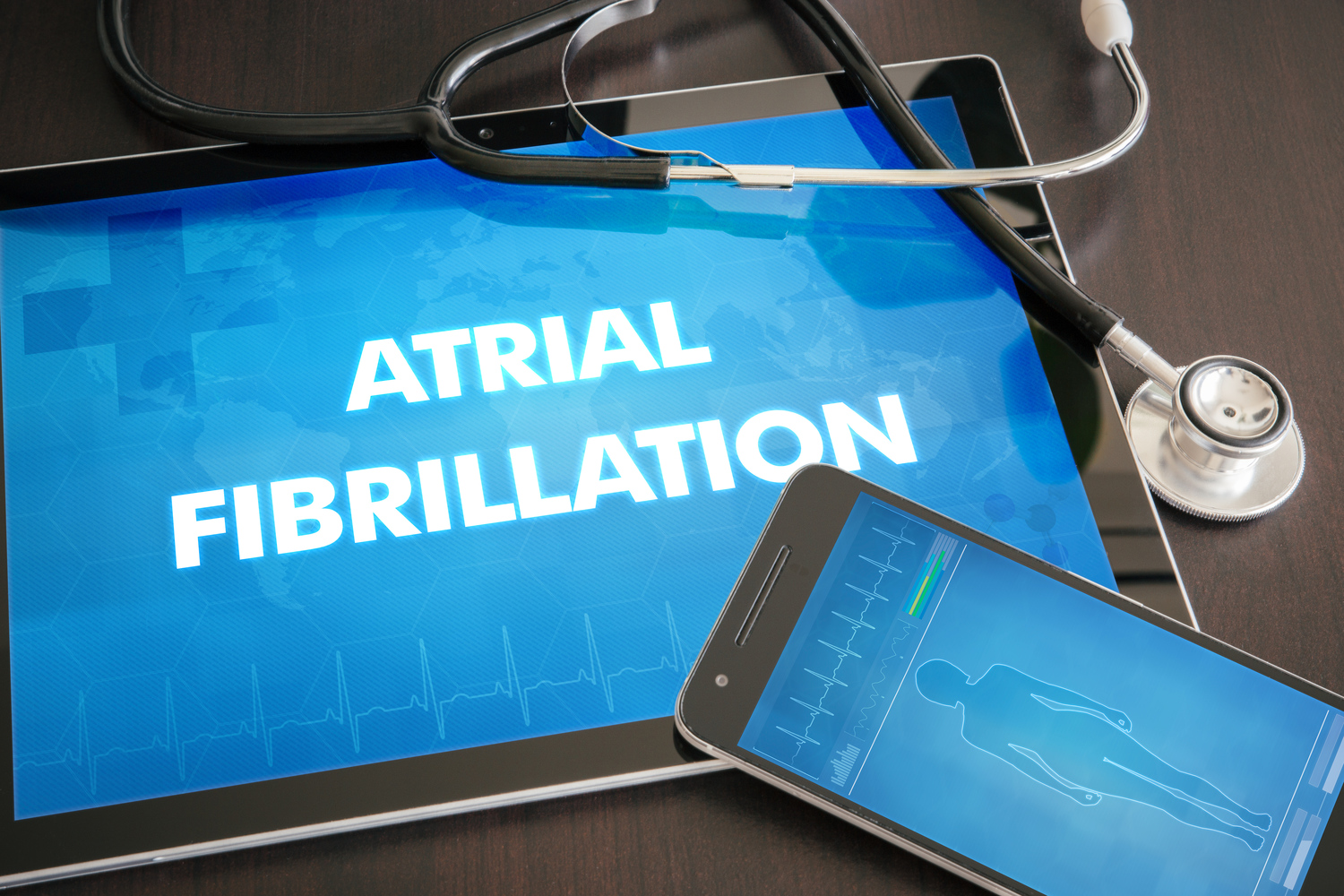
Complications for Atrial Fibrillation
Atrial Fibrillation, commonly referred to as AFib or AF, is an arrhythmia (irregular heartbeat) that can lead to other health issues. Some of the symptoms of AFib include chest pain, difficulty breathing, lightheadedness, dizziness, weakness, chronic fatigue, inability to exercise, and heart palpitations. AFib is caused by the inability of electrical signals to pass between the four chambers of the heart properly. People that suffer from lung diseases, viral infections, sleep apnea, or heart attacks will have more atrial fibrillation risks.
Serious complications can arise for those suffering from AFib:
1. Blood clots
When AFib occurs and electrical signals are not being passed through the heart properly, the blood that is supposed to be filtered and then pumped out becomes trapped in the chambers of your heart. This blood pools in the heart and causes the formation of blood clots. The blood clots can travel throughout the body if they become loose. Blood clots restrict the flow of blood through the body and can be fatal if left untreated. Many people who suffer from AFib are put on blood thinners in an effort to prevent blood clots from forming.
2. Stroke
A stroke occurs due to an abrupt interference with blood supply to the brain. Those suffering from AFib are at a much higher risk of having a stroke and the risk seems to be even higher for women. Strokes occur when blood clots form in the heart and break off. The blood clot can then travel to the brain where it pinches off the flow of blood through the arteries. This type of stroke is known as an ischemic stroke and is the most common type of stroke, accounting for nearly 80% of all stroke victims. Some symptoms of stroke include: unconsciousness, abrupt headache, dizziness, difficulty speaking or understanding speech, disorientation, and sudden weakness.
3. Heart failure
Those who suffer from AFib also run a higher risk of heart failure. The risk of heart failure increases because the heart is not beating normally and is under a lot of strain. Heart failure occurs when the heart can no longer pump enough blood to meet the body’s needs. This can occur in one of two ways. In some cases of heart failure this means the heart simply can’t fill itself with enough blood to pump to your body. In other cases, this means the heart is not strong enough to pump the blood out. Either way, heart failure needs to be treated right away. The symptoms of heart failure include: difficulty breathing, chronic fatigue and swelling of the extremities.
4. Cardiomyopathy
Cardiomyopathy is the term used to describe a diseased heart muscle. When the heart muscle becomes diseased, it becomes rigid, thick, and swollen, causing the heart to weaken. It is unable to pump a sufficient supply of blood to the body. This condition can lead to heart failure and, if left untreated, more serious complications. Symptoms of cardiomyopathy include: difficulty breathing, swelling in the extremities, coughing, tiredness, bloating, and other symptoms.
If you suffer from any of the signs and symptoms above, please see a doctor. Allowing them to examine your heart and point out atrial fibrillation risks is the key to early detection. Early detection means a longer life for you and your heart.


